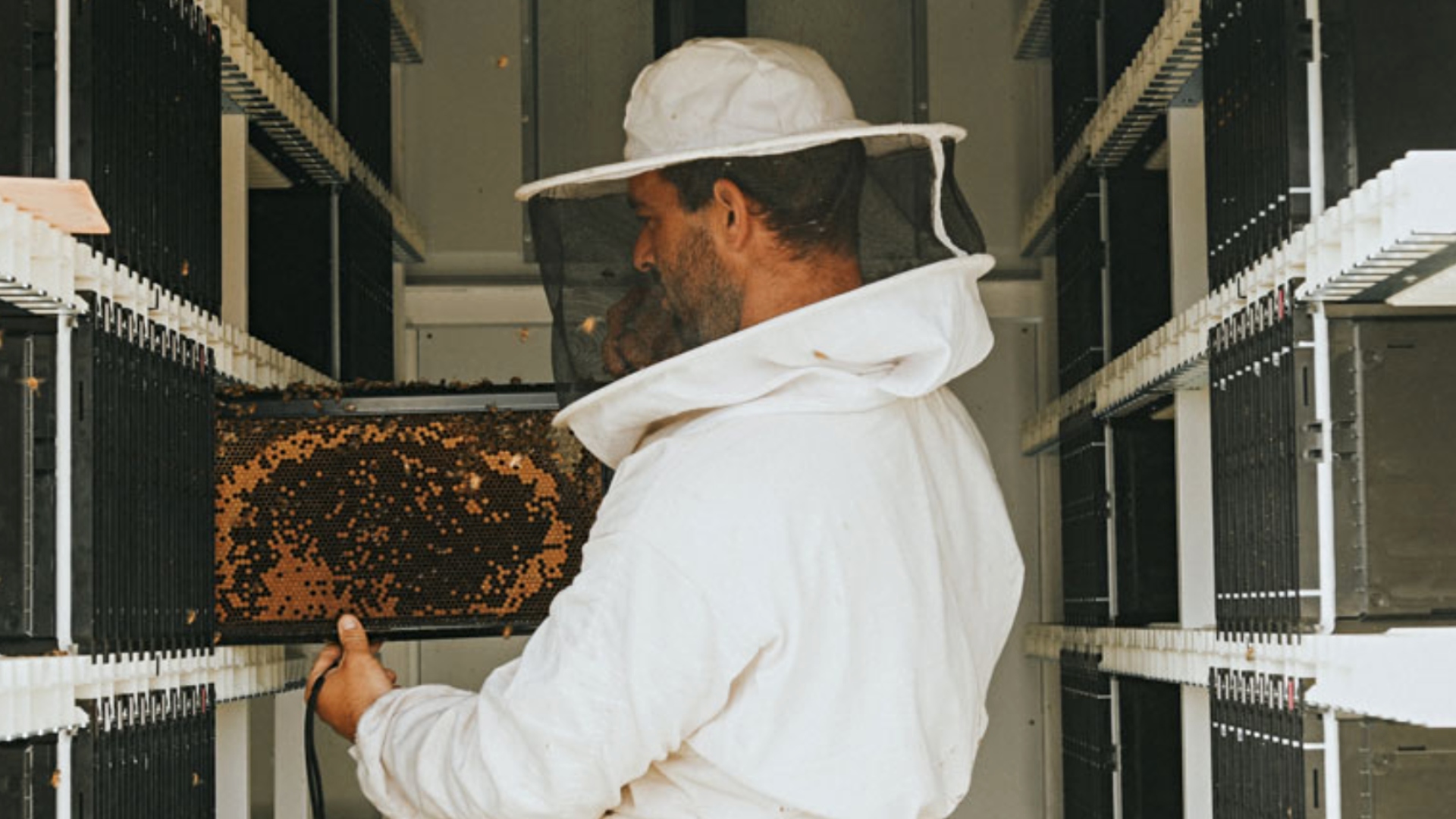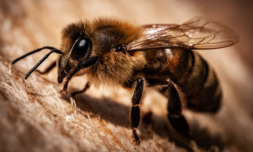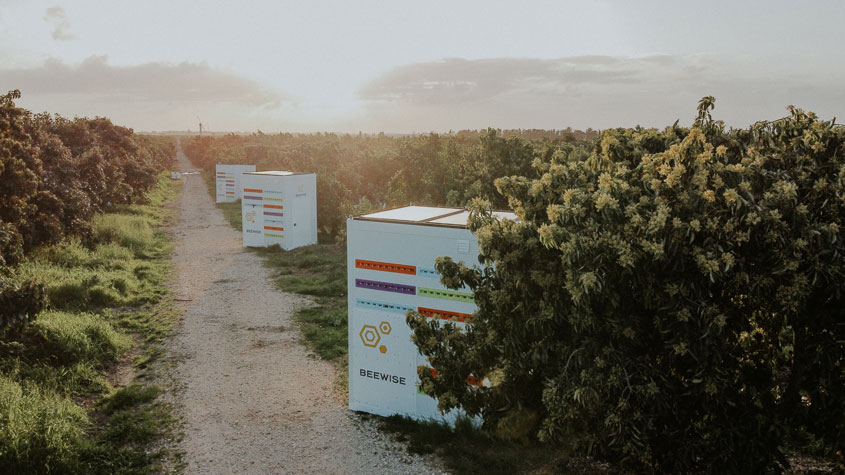As our world becomes warmer, we’re losing bee colonies at an unprecedented rate and our global food supplies could soon be under major threat. Preparing for the worst, Israeli start-up Beewise is already rearing its own hives using state-of-the-art AI tech.
May 20, the fifth annual World Bee Day, was less about celebrating our remarkable pollinators and more about raising awareness.
The insect apocalypse is something both climate experts and conservationists are taking increasingly seriously – with reports suggesting declining rates could see a third of all miniature creatures disappear entirely by the end of the century.
When it comes to bees, we’re massively reliant on their prosperity to maintain global food distribution. Literally 30% of all food produce can be traced back to their pollination including 71% of vegetables, fruits, and nuts.
That’s roughly between $325bn and $577bn in GDP annually, and it’s conceivably at risk of being compromised by intensive agriculture, pollution, disease, pesticides, and climate change.
Dependent as we are on these tiny custodians, they’re now (more than ever) in need of our intervention to keep them around in the long term, and we should feel indebted to do so.
On that front, there are some seriously sophisticated beekeeping efforts underway which could provide the blueprint to reducing global mortality rates. The pick of the bunch, comes from Israeli tech start-up Beewise.
"Don't worry, bee happy"
Today is #WorldBeeDay. This date is celebrated to raise the awareness about the importance of bees and what they do for our planet, and also to remind how vital it is to protect them.
pic.twitter.com/INEPGDhUvk
— Greenpeace International (@Greenpeace) May 20, 2022




















